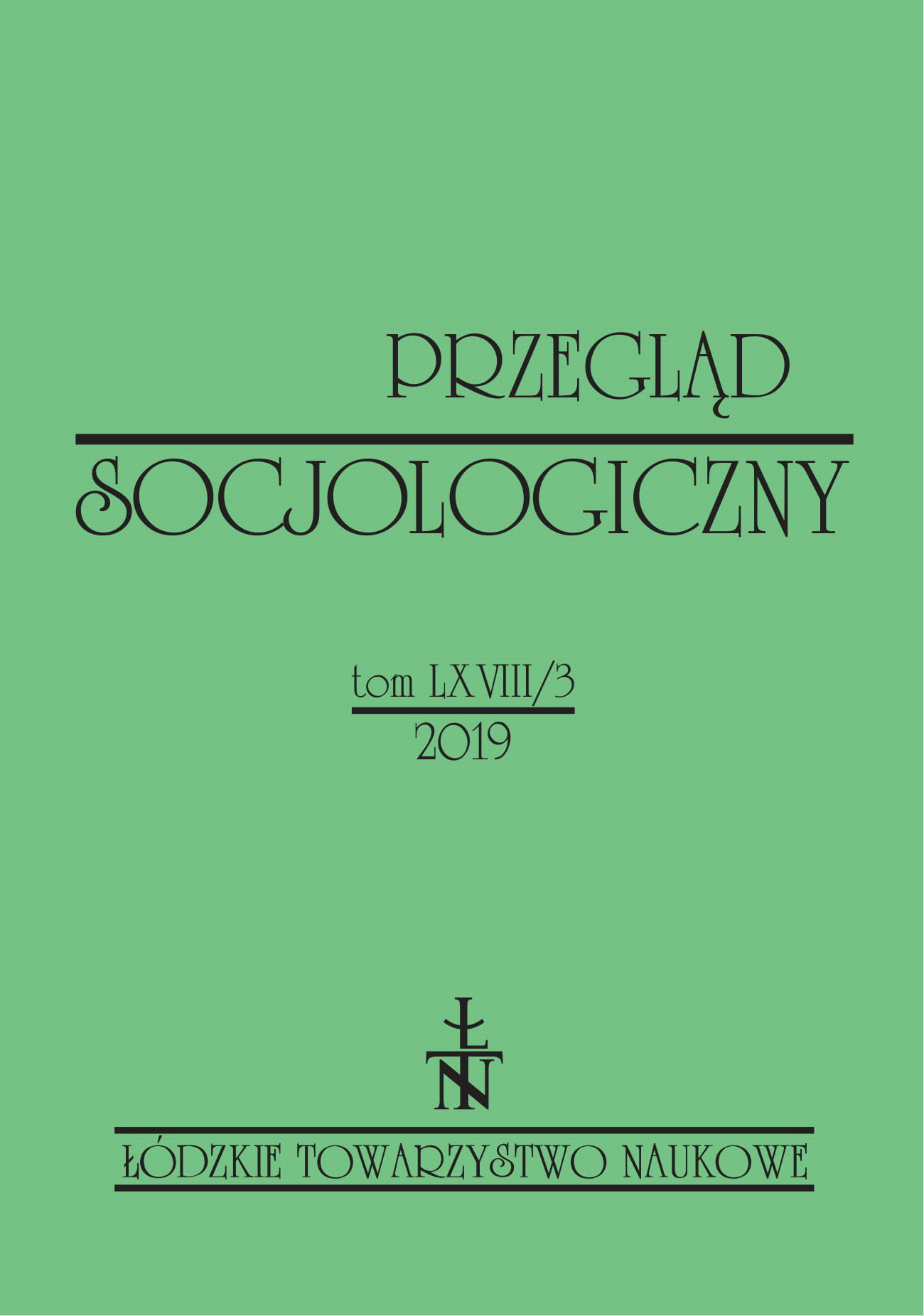Structural delegitimization and genocide in the pragmatics of a total social revolution. An example of the annihilation of Democratic Kampuchea’s society
DOI:
https://doi.org/10.26485/PS/2019/68.3/5Abstract
The subject of this study is the mutual determinants of ideological sources of structural delegitimization (manifested by the totalitarian system of symbolic violence) and genocidal behavior (revolutionary terror with the characteristics of genocide). These issues will be approximated on the example of the Khmer Rouge revolution in Cambodian society. The idea behind the text is to familiarize the reader with the above concepts and present a theoretical proposal, which assumes the relationship between structural delegitimization and genocide, which seems useful for the analysis of “Year Zero”. It is a current social topic that still demands a wider explanation. There is a well-known historical basis of events from the 1970s on the Indochina Peninsula, but so far, there has been no concept of structural delegitimization presented in the sociological literature that could be successfully applied to the analysis of this phenomenon. Negating the existing social system and introducing genocide are the domain of revolution and coup d’état, but their intensity varies depending on location. For the purpose of properly presenting the context of the occurrence of structural delegitimization, I will refer to selected aspects of the Red Khmer ideology, focusing on its autarkic solutions.



